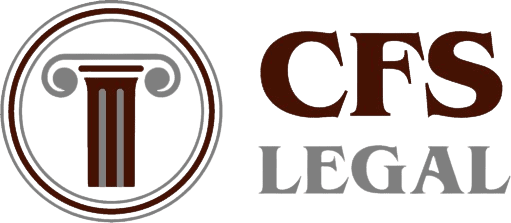The executor of a Will is to carry out the directions contained in the Will. This role is taking effect following the death of the deceased, who made the Will.
The Executor of an estate in the Will is responsible for collecting the deceased’s assets, paying the deceased’s debts and distributing the estate assets to the beneficiaries. Before those steps, the Executor needs to apply for a grant of probate, for which a legal document issued by the Supreme Court, authorize an Executor to manage the deceased’s estate according to the Will.
However, if an Executor renounces probate when he/she is unwilling to take the role, the substituted executor may be able to apply
Being an Executor in the Will is an important role, an Executor cannot renounce probate once a grant has been made. And cannot delegate his/her executorial duties. However, s75A of the Probate and Administration Act, permits an Executor to delegate the executorial responsibilities to the NSW Trustee and Guardian or a trustee company.
The Executor in the Will is under a duty to keep a record of how they administer the estate and to report to the beneficiaries.
Considerations for an Executor
There are several things the Executor in the Will needs to consider:
- For funeral arrangements, the Executor can be required to make the funeral arrangements.
- Confirming assets and debts, the Executor needs to contact financial institutions, service providers, government departments and so on to get the deceased’s assets and debt information.
- Protecting the assets of the estate, the Executor is responsible to protect the assets of the estate, eg, storing valuable jewelry or paintings, and investing surplus after debts have been paid. The Executor can be held personally liable for any damage to property that has not been secured.
- Notification of government agencies, the Executor should notify the government agency of the death, so the deceased’s pension income is stopped and the deceased’s liabilities discontinue as well.
- Time to administer an estate, the Executor must ensure that administration of an estate is commenced and completed within a reasonable time. The Executor could be personally liable for the loss if the Executor caused any undue delay resulting in a financial loss.
- For the realization of assets, the Executor needs to ensure he/she obtains a fair price for selling any assets of an estate. Beneficiaries have a legal right to sue the Executor personably to recover the shortfall if the Executor does not obtain a fair price.
- Tax liability, the Executor is personally liable to pay money to the tax office if the deceased owes money to the tax office.
- In estate distribution, the Executor may be liable if he/she made a mistake to identify all beneficiaries.
- Accounting, the Executor must account to the beneficiaries. Beneficiaries are entitled to an account of administration activities and if they are dissatisfied with your performance as Executor, they may approach the court to have you removed.
Trustee’s responsibilities
An Executor’s duties could continue when the final distribution has been made. This often happens where assets are held for minors, or income from an estate is payable to its beneficiaries during their lifetime. The trustee’s role ends until the trust ends or the funds are used up.
The Trustee is often required to manage assets for a while. The trustee can retire and appoint a new Trustee.
Supreme Court of NSW
The Supreme Court of NSW only has jurisdiction if the deceased left assets in the Will in the state of New South Wales. If a deceased left asset in more than one state of the country, the Executor may either apply for a grant in each place where assets were located or apply for a resealing of the original grant.
A Grant of Probate
It is not required to obtain a grant of probate in NSW when the size and value of the assets are small. Some asset holders often release smaller amounts of the estate without a probate grant but through identifying the deceased and beneficiaries. However, different asset holders have different requirements for releasing the deceased’s assets.
When joint tenants own a property, the property automatically passes to the remaining joint tenant(s), so a grant of probate is not required.
Publish a Notice of the intended application
The Executor in the Will must be over the age of 18 to apply for a grant of probate. The first step is to publish an online notice of your intention to apply for a grant on the NSW online Registry. 14 days after, then you can file a summons for probate.
The objective of publishing the notice of intended application is to allow the deceased’s creditors an opportunity to claim the estate or relatives of the deceased to be able to make a family provision claim against the estate.
Speak to CFS Legal Will & Estate solicitors in confidence for your Will and Estate Planning. Email: info@cfslegal.com.au

